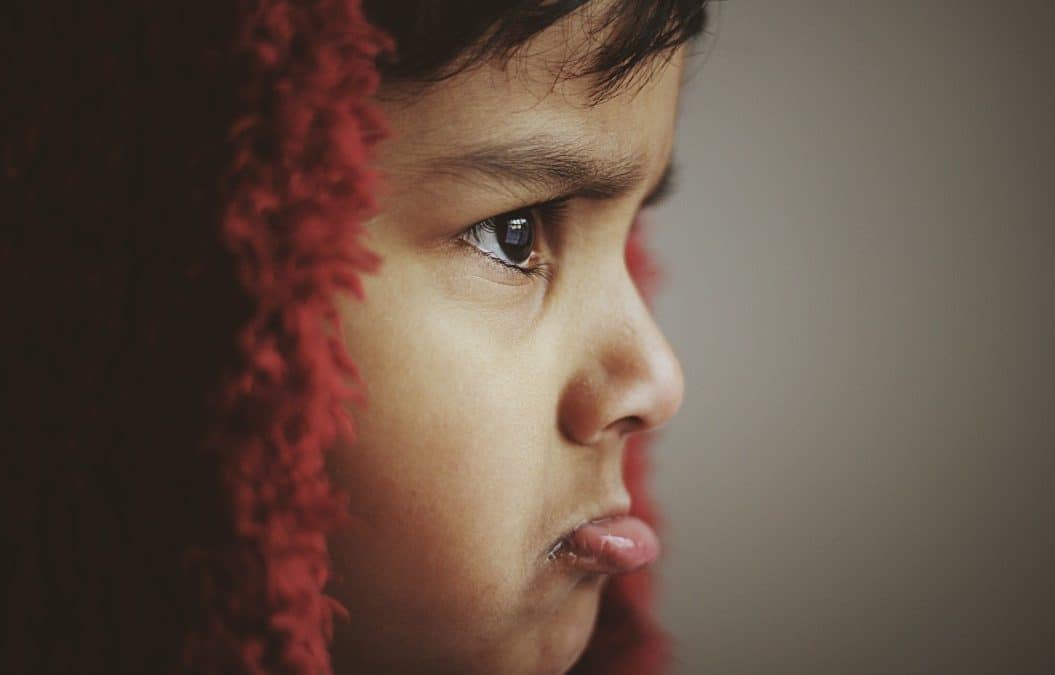A need for therapy for children can be difficult to pick up on as parents. Just like adults, all children tend to experience emotional strain with various life changes. Some children’s strain may be expressed through a dip in their academic performance, mood swings and other telling signs, which can all be viewed as normal. Childhood is meant to be a carefree time in one’s life. But how do parents know when to seek psychological assistance? Below we discuss how to know when therapy is required for your child.
Therapy for Children: Does My Child Need Therapy?
It is worth mentioning to realise that not all children need therapy. Some behavioural and developmental challenges are quite normal for your child to experience. Some of these can include mood swings, academic challenges, trouble with friends or a few bursts of anxiety. It is crucial for you as parents to lend support and validate your child’s feelings during this time.
However, there are more serious cases to be aware of as parents, like when your child takes strain is numerous areas of their life, or adopts a negative attitude towards themselves and a drop in self-esteem is prevalent.
Should I Put My Child in Therapy?
You need to observe your child’s behaviour during such periods. We highlight some warning signs to look out for as a red flag for when you should consider therapy for your child.
When to Seek Professional Therapy for Your Child:
- Your child is isolating him- or herself from friends, family and social activities he or she used to love doing;
- A change in their sleeping patterns or eating habits;
- Your child talks about thoughts of suicide;
- Experience of frequent nightmares;
- An irregular drop in their academic performance;
- Regular feelings of sadness and despair;
- Acts of violence towards animals or other violent behaviour;
- Displaying constant concern, anxiety or depression;
- Control behaviourism is adopted, such as excessively washing their hands or cleaning of objects;
- Engages in self-harm or other self-destructive behaviours such as picking of the skin or hair-pulling;
- If there is a family history of mental illness and your child starts displaying some of the above symptoms;
- And more.
When You Should Wait Before Seeking Therapy for Children
Some outbursts are normal when children are going through experiences like a parental divorce, a death in the family, a new addition to the family such as the birth of a new child, or experiences of that sort. The important thing to note is that observation is key for you as a parent during this time. If such behaviours persist and start affecting other areas of your child’s life, or cause disruption in your nuclear unit, it may be necessary to seek professional help.
If you have exercised observation of your child’s behavioural patterns and are still unsure, or your child displays a variety of the above-mentioned symptoms, reach out to me for advice and assistance. Being proactive is always better than waiting for too long. Feel free to get in touch with me for a consultation to discuss the appropriate psychological measures for your child’s future.

